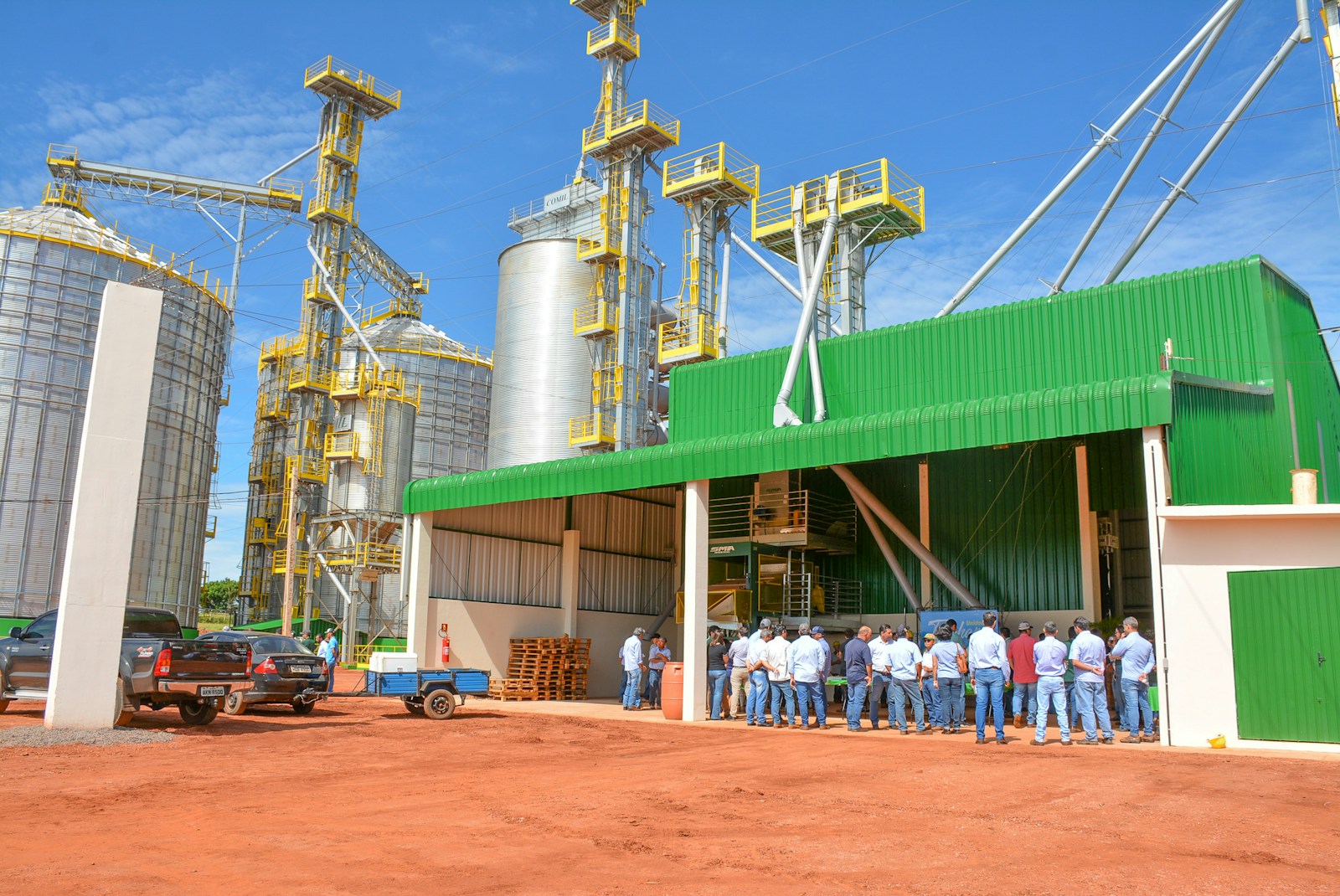The Liberia rail access agreement marks a major milestone for the country’s economic development, as the government prepares to sign a historic deal with Ivanhoe Atlantic (formerly HPX). This long-awaited Concession and Access Agreement (CAA) is expected to inject over half a billion dollars into the mining sector, improve transportation efficiency, and create thousands of jobs across the supply chain.
With this agreement, Liberia takes a significant step toward modernizing its infrastructure and attracting foreign direct investment, positioning itself as a key player in West African mineral exports.
Signing ceremony of Liberia rail access agreement – Source: AllAfrica
Liberia Rail Access Agreement Finalizes After Years of Negotiations
The Liberia rail access agreement has been in negotiation for several years, but recent developments have accelerated progress toward finalizing the deal. Minister of Transport confirmed that the agreement will be signed on July 4, 2025, marking a turning point for the nation’s underdeveloped railway system.
This breakthrough comes after extensive discussions between the Liberian government and Ivanhoe Atlantic, formerly known as High Power Exploration (HPX), aimed at ensuring mutual benefits and sustainable infrastructure development.
UN Report on Infrastructure Investment in Africa
Key Provisions of the Agreement
Under the terms of the Liberia rail access agreement, Ivanhoe Atlantic will be granted rights to operate and upgrade key sections of Liberia’s railway network, particularly those connecting iron ore mines to deep-water ports. The project includes modernization of existing tracks, construction of new terminals, and implementation of digital logistics systems.
The agreement also outlines commitments to local employment, environmental safeguards, and community development programs to ensure that nearby populations benefit from the improved infrastructure.
Economic Impact of the Liberia Rail Access Agreement
Experts estimate that the Liberia rail access agreement could unlock up to **$500 million in new investments**, primarily in the mining and logistics sectors. By improving connectivity between inland extraction sites and coastal shipping hubs, the agreement is expected to significantly reduce transportation costs and boost export volumes.
International analysts believe this deal could serve as a model for future public-private partnerships in West Africa, especially in countries seeking to enhance their competitiveness in global mineral markets.
Boosting Mining Sector Productivity
One of the most immediate benefits of the Liberia rail access agreement is the anticipated increase in mining productivity. Previously, logistical challenges such as poor road conditions and outdated rail lines limited the efficient movement of goods.
With the new rail upgrades, companies operating in Liberia’s mineral-rich regions will enjoy faster, safer, and more cost-effective transport routes — making the country an even more attractive destination for international investors.
Transforming Liberia’s Transport and Logistics Industry
Beyond mining, the Liberia rail access agreement has broader implications for the national economy. The improvements in railway infrastructure are expected to benefit other industries, including agriculture, manufacturing, and passenger transport.
Improved rail services can support rural development by linking remote communities to urban centers, increasing market access for smallholder farmers and traders alike.
Enhancing Regional Trade Opportunities
The agreement may also pave the way for increased regional integration. With better rail links, Liberia could become a transit hub for neighboring landlocked countries like Mali and Burkina Faso, facilitating cross-border trade and strengthening economic ties within ECOWAS.
This strategic advantage aligns with ongoing efforts to expand regional corridors and promote shared infrastructure projects across West Africa.
Related Articles
- Africa Mining Investment News: What You Need to Know
- African Rail Infrastructure Development: Trends and Forecasts
Challenges and Considerations Moving Forward
While the Liberia rail access agreement presents a promising opportunity, it also raises questions about transparency, environmental impact, and the role of local communities in benefiting from large-scale infrastructure projects.
Civil society groups have called for strong oversight mechanisms to ensure that the proceeds from this agreement are reinvested into public services such as education, healthcare, and rural electrification.
Need for Community Engagement
To avoid potential conflicts, experts recommend inclusive planning processes that involve consultations with affected communities and civil society organizations. Ensuring equitable distribution of benefits will be crucial to the long-term success of the agreement.
Looking Ahead: Future Implications
The signing of the Liberia rail access agreement sets a precedent for similar deals across the continent. As demand for critical minerals rises globally, African nations must continue developing the necessary infrastructure to remain competitive.
This agreement not only supports Liberia’s economic ambitions but also contributes to regional stability by fostering cooperation and boosting job creation in one of the world’s most resource-rich yet underdeveloped regions.
This article was written based on the latest updates from https://allafrica.com , your trusted source for Liberia rail access agreement and breaking news in Africa.




